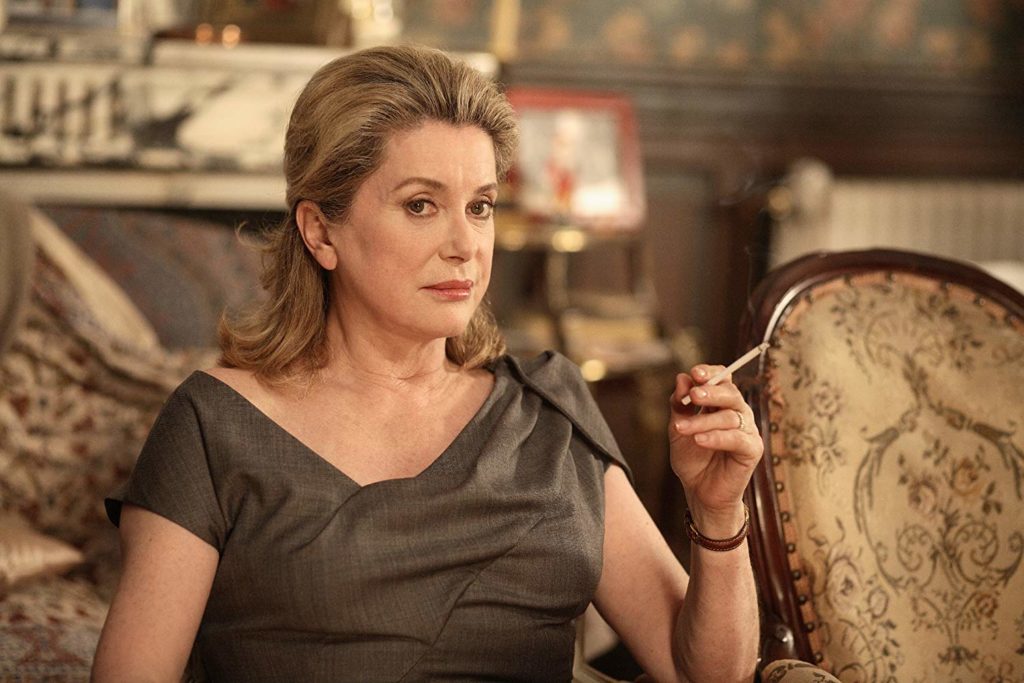John Lewis: Good Trouble
by Rachel Willis
With a man as active as John Lewis, finding a focal point from which to craft a story could prove challenging. Should a documentarian focus on his early years as a civil and voting rights activist? His first years as a politician? His contemporary battle to overturn voter suppression laws?
Director Dawn Porter decides to highlight a little bit of everything in John Lewis: Good Trouble. The result is a fascinating, if messy, portrait of one of America’s greatest fighters for equality and justice.
Porter’s efforts have previously featured John Lewis as an interviewee (the magnificent docu-series Bobby Kennedy for President), but this time, she mines the wealth of material surrounding the man himself.
Congressman Lewis is a more than worthy subject. His early years on the front lines of the fight for racial equality alongside Dr. Martin Luther King, Jr. to his current stumps along the campaign trail offer endless archival footage, colleagues and siblings to interview, and opportunities to follow the Congressman during his day-to-day life on the Hill.
Some of the most noteworthy parts of the documentary showcase conversations with those who have been inspired by Lewis. Representative James Clyburn says Lewis is “the most courageous person [he] has ever met.” Representative Ilhan Omar quotes John Lewis saying she took to heart his message to “love your country like you love yourself.”
The bulk of the film addresses Mr. Lewis’s continuing struggle to ensure voting is accessible to everyone. In the 50’s and 60’s, it involved (among other things) walking door to door in black neighborhoods to encourage the residents to vote. Today, he wages the war in Congress, trying to strengthen the Voting Rights Act after it was gutted by the Supreme Court in 2013. On the campaign trail, he encourages those who are most affected by restrictive voting laws to turn out in waves.
Some moments drag, as Porter tries to cram as much information about Lewis as she can into her 96-minute documentary. Certain stories seem added as an afterthought that would perhaps have been better left on the cutting room floor.
Mr. Lewis says he is deeply concerned about the future of democracy in America, but that he still believes “we shall overcome.” Anyone who needs inspiration or hope in these chaotic times can always look to John Lewis for guidance.













